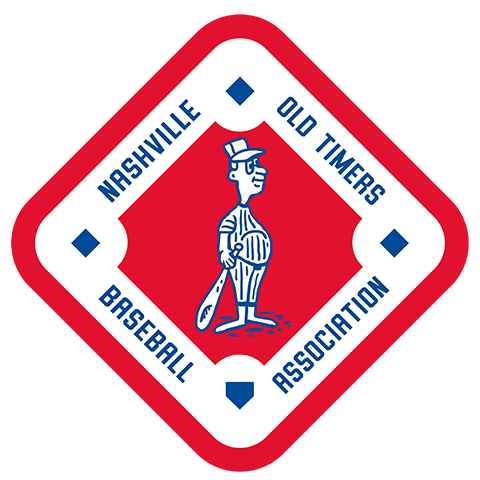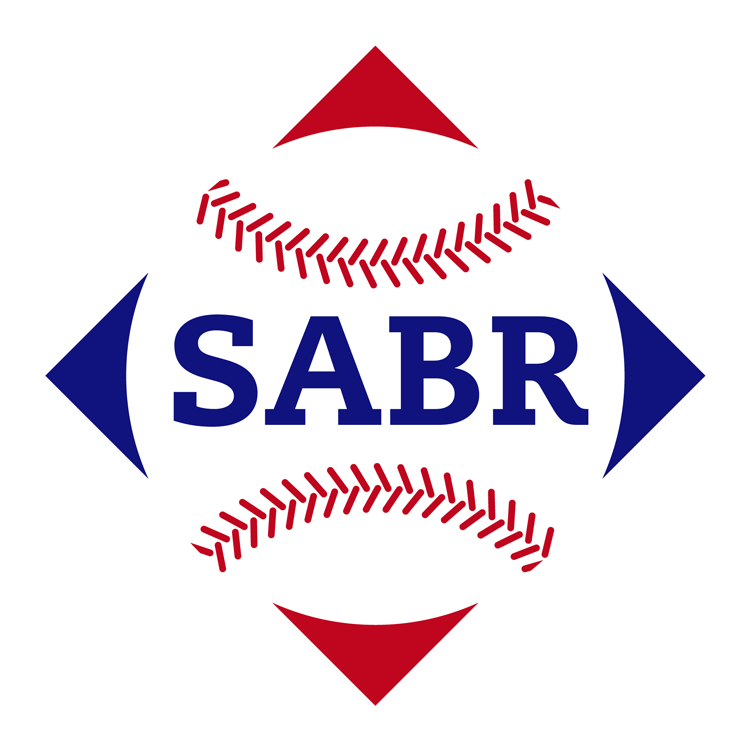
Seventy-seven years ago, on March 17, 1944, Floyd Myron ‘Rube’ Kroh (1914-1916) passed away in New Orleans. Kroh compiled a won-lost record of 47-40 in three years for Nashville; his best season was in 1915 when he was 17-14 and had 116 strikeouts.
Born on August 25, 1886, in Friendship, New York, to John, a carpenter, and Mary, Kroh played six years in the majors. Purchased by the Boston Americans from Albany (New York State) in August of 1906, he was with the team during the next season.
He also played with the Chicago Cubs (1908-1910). Kroh became a minor character in a game of historical importance at the end of the 1908 season. He did not play in the game that would become famous for Fred Merkle’s base-running mistake that would forever be known in baseball lore as “Merkle’s Boner.”
On September 23, the New York Giants met the Cubs at the Polo Grounds. Merkle batted with two outs in the bottom of the 9th inning and the score tied, 1-1. With one man on, he singled, and when the next batter, Al Bridwell, also singled, it appeared the game was over, and the Giants had won the pennant.
But Merkle failed to touch second base, and when Cubs second baseman Johnny Evers took notice, Kroh went into the stands and retrieved the ball, gave it to Evers who touched second and appealed to umpire Hank O’Day for the out. The umpire called Merkle out on a force play.
The game was declared a tie, and the two teams eventually tied at the end of the season and a playoff game was played which the Cubs won, 4-2, to capture the pennant.
On August 26, 1910, Kroh was purchased by Louisville (American Association) and remained there until the Boston Braves purchased his contract, but he only appeared in three games before being returned to Louisville.
Having played for Chattanooga and Memphis in 1913, he began the 1914 season with the Lookouts but was suspended for subordination after a run-in with Lookouts manager Harry McCormick on May 21. Reportedly, the Chattanooga manager felt the good-natured pitcher had not been taking the game seriously enough.
Claimed by Nashville for the waiver price of $400, the southpaw played in his first game with Nashville on May 25, pitching eight innings before being lifted for a pinch hitter in the eighth and the score knotted 4-4. Montgomery scored four runs in the ninth to win 8-4.
Kroh tossed two four-hit shutouts for Nashville. The first was on August 22, 1915, in the first game of a doubleheader in New Orleans as the Vols won 4-0, and the second on September 10 in Little Rock as Nashville halts the Travelers’ win streak at seven games, 8-0.
Kroh would finish the season 15-14. In his three seasons with the Vols, he was 47-40.
With Chattanooga again in 1917, he had eight wins and nine losses before enlisting in the Army on September 18. Although he had just turned 31 a month earlier and could have been exempt from serving, he began his military career as a private.
Kroh quickly rose to the rank of Master Engineer, Senior Grade. In the Battle of the Meuse-Argonne in France in the fall of 1918, he suffered a wounded leg. When World War I ended on November 11, he continued serving until May 22, 1919.
He attempted to revive his pitching career, but could not due to the severity of his injured right leg. With a desire to remain in baseball, he became an umpire in the South Atlantic League and Southern Association.
Kroh passed away due to heart failure in the Marine Hospital in New Orleans on March 17, 1944. He was buried in buried at Garden of Memories Cemetery in Metairie, Louisiana.
Note: In addition to sources listed below, the writer accessed Allegany County Historical Society, Local History & Genealogy website: https://www.alleganyhistory.org/index.php/research/biographies/k-m/1817-kroh-floyd-myron-qrubeq#_ftn13
Sources
Baseball-amanac.com
Baseball-reference.com
Newspapers.com
SABR (Society of American Baseball Research) Bio-Project, Floyd Kroh
The Sporting News Player Contract Cards




